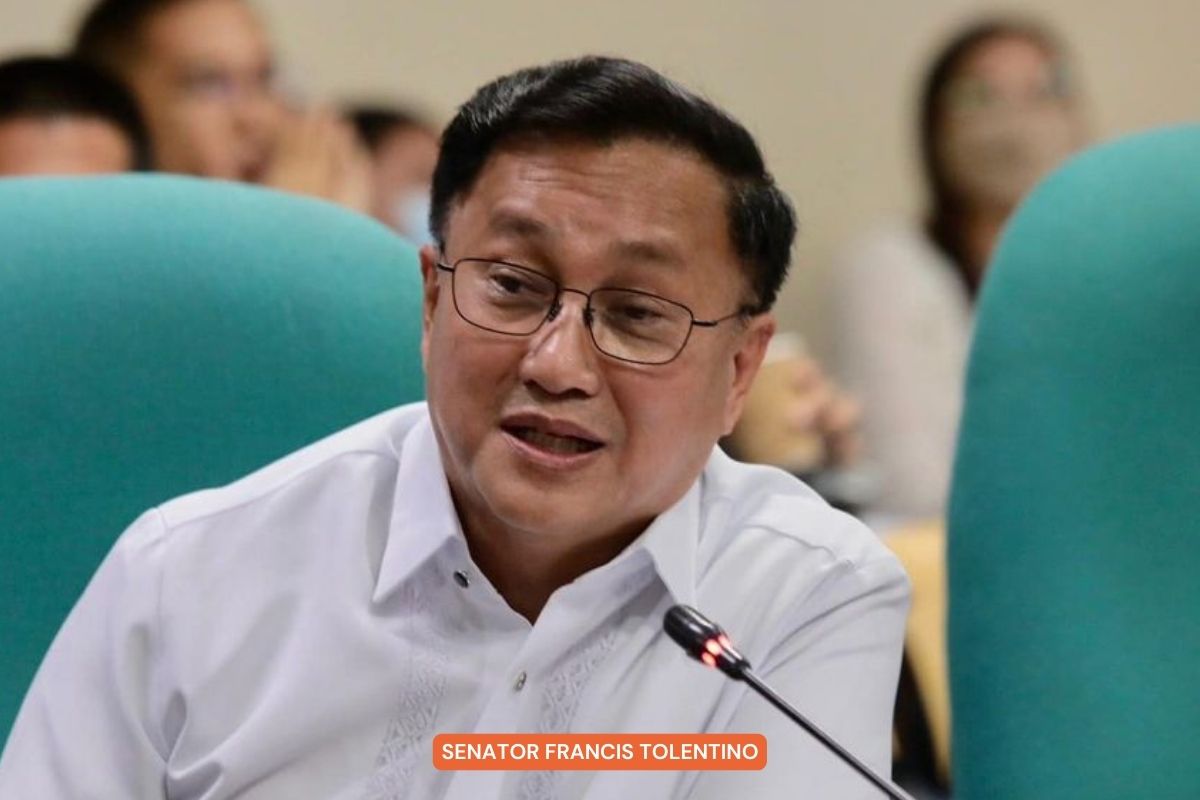SENATOR WANTS TO INVOLVE UNIVERSITIES IN NEWEST PARADIGM OF AGRICULTURE
SENATOR Francis Tolentino on Saturday said he wants the newest paradigm of development that involves universities, government, and industry to develop agriculture in the country, brushing aside the old paradigm of development through Private-Public Partnership.
Tolentino said the approach of involving the three institutions, termed a triple helix, which he said works effectively in the agricultural development in the Netherlands and Germany, is the trend that could connect the new generation in the agriculture industry.
At present, the average age of Filipino farmers is 55 to 59 years old, which shows the lack of participation of the younger generation in the country’s agricultural production.
Tolentino said the direct involvement of universities with fisheries and agriculture courses could heighten youth participation in agriculture and fisheries development like soil analysis and related research.
“The students from the universities could undertake soil analysis, for example, and apply innovations which could pave the way to close the gap for them to take on careers in agriculture and fisheries,” he said.
Tolentino said the application should be on a case-to-case basis, like in Central Luzon, where agriculture dominates, or fisheries in areas like Aklan and Zamboanga Peninsula.
Agriculture Undersecretary for Planning Asis Perez surmised that the younger generation shuns agriculture production because of low income and increased poverty incidence in the sector and the availability of options like employment in factories and overseas work.
Perez said times had changed, wherein before, a family with two hectares of agricultural land could live decently, which has been gone, and farming has become unlucrative.
He said the agriculture department’s thrust is the so-called value chain approach, which is not focused only on increasing production but also on incomes in all stages of the value chain.
“That is, better prices of farm products for the farmers and reasonable prices for the consumers,” Perez explained.
He said the value chain approach is focused on the producers and the interests of all actors, including processors, traders, and other actors in the agriculture industry.














